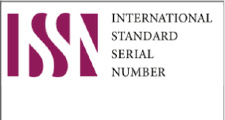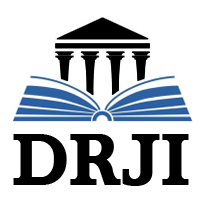Islamophobia and Literary Discourse: Power, Politics, and Representation
Keywords:
Islamophobia Literary Discourse Muslim Identity Postcolonial StudiesAbstract
This study examines how Islamophobia manifests in contemporary literary discourse through intersecting systems of power, political ideologies, and cultural representation. Through analysis of both historical context and contemporary literary texts, the research demonstrates how literary works participate in broader systems that position Islam and Muslims as cultural and political "others" while also exploring emerging counter-narratives. The findings reveal that while mainstream literary discourse often reinforces orientalist stereotypes, emerging voices are actively reshaping Muslim representation in literature. Drawing on postcolonial theory and recent developments in Islamophobia studies, this analysis contributes to understanding how literary discourse both reflects and shapes anti-Muslim sentiment in contemporary society.























